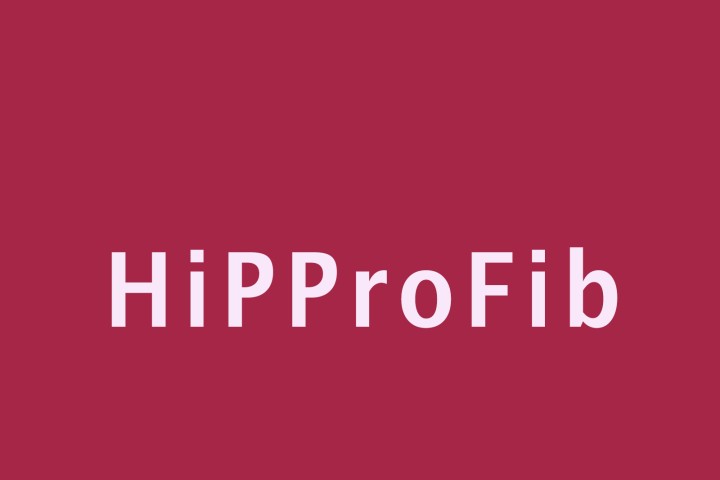
HiPProFib
High Performance Protein Fibre materials.
The Flemish industry currently relies heavily on fossil-based raw materials. Oil, for example, is a well-known fossil-based feedstock. It is not only used to make fuel, but also to produce plastics. Burning these plastics after usage releases CO2 into the atmosphere. The Moonshot initiative seeks to reduce this type of CO2 emissions. The first Moonshot research trajectory, Bio-Based Chemistry (MOT1), drives research into alternative feedstocks derived from biomass. These alternatives will be renewable and reduce fossil carbon use.
Biomass, such as wood, crops or other plant-based materials, is an abundantly available natural resource that can replace fossil-based feedstocks like oil.
In biorefineries, both biomass and biomass waste streams, such as plant-based waste from kitchens and gardens, can be converted into renewable basic building blocks. In turn, these can be used to make safe, sustainable variants of traditional fossil-based products. In this way, biomass can be used to produce all kinds of high-value and high-functionality products, from plastics to cosmetics.
Replacing fossil-based feedstocks, e.g. oil, with renewable raw materials, such as biomass and biomass waste, reduces greenhouse gas emissions. Bio-based chemistry is therefore a crucial pathway to make the Flemish industry carbon circular and low in CO2 by 2050.
There are, however, challenges to overcome. Ground-breaking technology needs to be developed to convert biomass into a broad range of building blocks. New conversion pathways and separation processes need to be designed to turn biobased feedstocks into high-end applications like advanced materials, dedicated solvents and tailored additives. Additionally, energy consumption and production costs need to be lowered. MOT1 seeks to overcome these challenges.
The first Moonshot research trajectory on bio-based chemistry aims to:
Develop at least 2 new bio-based chemical products up to TRL 6 in Flanders by 2025, followed by at least 2 new products to TRL 6 every 5 years thereafter. Compared to similar fossil-based products, these new products should have at least equivalent functionality/value and/or new functionality with a potential higher added value.
Products and processes will be more sustainable in terms of carbon footprint and environmental impact than their fossil-based counterparts.
These goals have to be met within the following preconditions:
Products are based on stable, competitively priced supply chains/raw materials from the circular use of biomass and the rational use of crops.
End products must be able to play an important role in (future) Flemish industrial value chains and have considerable global market potential.